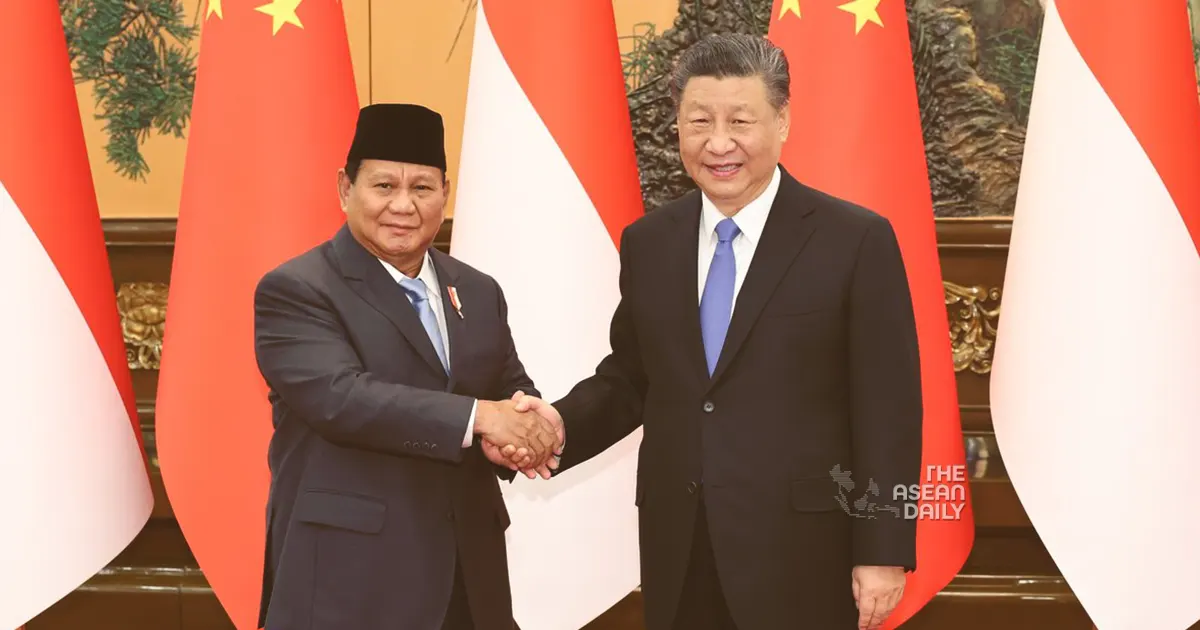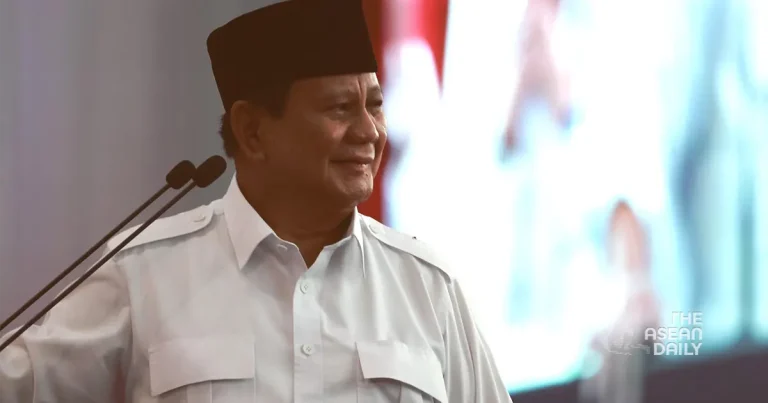19-10-2024 (JAKARTA) In the heart of Central Sulawesi, the once-sleepy village of Fatufia has undergone a remarkable transformation. What was a decade ago a quiet hamlet with sporadic electricity now buzzes with activity around the clock. This dramatic change is epitomised by the Indonesia Morowali Industrial Park (IMIP), a sprawling 2,000-hectare complex that has become a symbol of the nation’s economic aspirations.
IMIP, which boasts of being the world’s longest industrial chain, has reshaped not only Fatufia’s landscape but also Indonesia’s economic outlook. The park, home to around 90,000 workers and 56 tenants, many of them Chinese companies, specialises in the production of nickel and steel – crucial components for various industries, including the burgeoning electric vehicle sector.
As Indonesia, the world’s largest nickel producer, seeks to capitalise on its natural resources, it finds itself at the crossroads of global economic powers. While Chinese investments have been pivotal in developing IMIP, the Indonesian government is casting its net wider, eyeing potential American investments, particularly from electric vehicle giant Tesla.
The local sentiment reflects this economic tug-of-war. Rizky Anton, a 37-year-old mobile phone shop employee near IMIP, acknowledges the positive impact of Chinese investments but also sees potential in American involvement. “It is good that we have China in Indonesia. We cannot deny that they help our economy,” Anton said. “But if the US is also here, there could be even more jobs.”
This balancing act between Chinese and American interests is set to be a key challenge for Indonesia’s incoming president, Prabowo Subianto, who will take office on Sunday. Analysts predict that Prabowo’s foreign policy will revolve around navigating relations with the world’s two largest economies.

Since winning the February election, Prabowo has embarked on about 20 foreign trips, with his first visit to China signalling its importance in his foreign policy agenda. However, experts suggest that Prabowo will strive to maintain Indonesia’s non-aligned stance, seeking harmonious relationships with both China and the US.
Dr Lina Alexandra, an international relations expert from the Centre for Strategic and International Studies (CSIS), emphasises the need for Indonesia to increase its capacity to gain leverage against larger nations. She anticipates that Prabowo might adopt a more outspoken approach in addressing issues with foreign partners, including China.
The new administration’s foreign policy is expected to be influenced by Prabowo’s trusted inner circle, which includes his younger brother, Hashim Djojohadikusumo, who focuses on economic development, and military aides who prioritise strong defence. This diverse advisory group may lead to a nuanced approach in balancing economic interests with strategic defence partnerships.
China’s significant role in Indonesia’s economy is evident in IMIP, backed by major Chinese companies like Shanghai Decent Investment. However, the industrial park’s management expresses openness to diverse international investments, including from American companies like Tesla.
The pursuit of US investments, particularly in the electric vehicle sector, faces challenges. Indonesia’s Investment Minister, Rosan Roeslani, revealed that Tesla’s hesitancy to invest stems from Indonesia’s continued reliance on fossil fuels, which conflicts with the company’s clean energy vision.
Analysts point out the differing approaches of Chinese and American investors. While Chinese companies primarily focus on profit, American firms often consider broader issues such as human rights and environmental protection. This disparity makes attracting US investments more complex for Indonesia.
Despite these challenges, the Indonesian government, under Prabowo’s leadership, is likely to continue its efforts to woo American companies. The administration recognises the importance of balancing Chinese economic partnerships with American involvement, particularly in defence and technology sectors.




